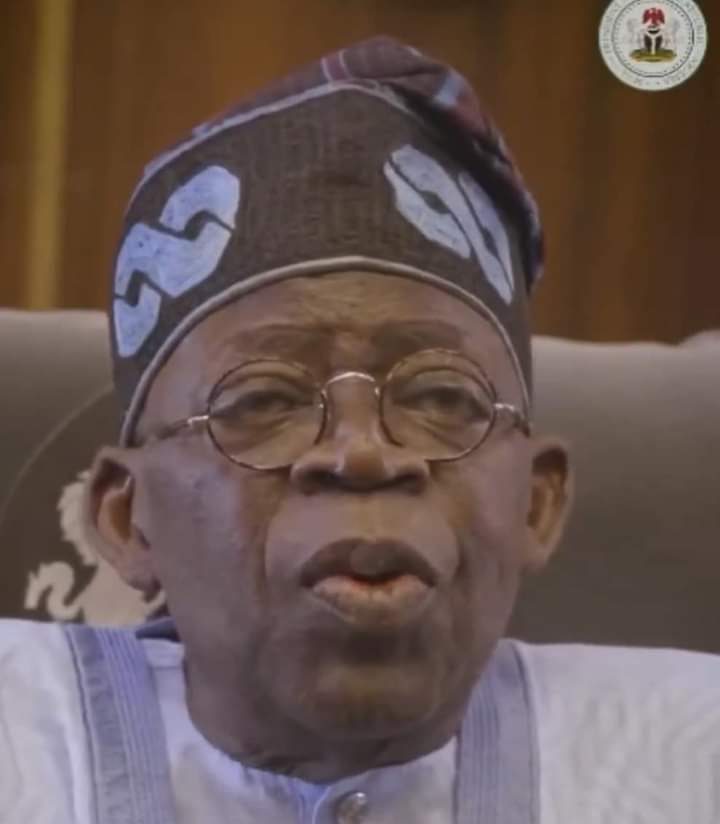
Atiku Blasts Tinubu Over Failed Promise On Nigerian Flag Designer’s Burial
Former Vice President, Atiku Abubakar, has berated the President Bola Tinubu-led Nigerian government over its failure to fulfill its promise to give the creator of the Nigerian flag, Taiwo Michael Akinkunmi a befitting state burial after one year of his death.
Atiku, a former presidential candidate of the Peoples Democratic Party (PDP) in the 2019 and 2023 general elections, said he was “immensely disheartened” that the Nigerian government failed to fulfill the promise of a state burial rightfully promised Akinkunmi’s family.
Reacting to a report by the BBC where Akinkunmi’s son, Akinwumi said that the family had abandoned the hope of the promised state burial of their father after one year, Atiku in a post on X noted that no other patriot embodied the spirit of honour and sacrifice as profoundly as Akinkunmi who was reverred as “Mr. Flag Man.”
The former Vice President wrote, “I am immensely disheartened that the Federal Government under Tinubu’s administration has failed to bestow upon the late Michael Akinkunmi, the creator of our national flag, the state burial he was so rightfully promised.
“No other patriot embodies the spirit of honour and sacrifice as profoundly as the revered ‘Mr. Flag Man.’”
Iam immensely disheartened that the Federal Government under Tinubu’s administration has failed to bestow upon the late Michael Akinkunmi, the creator of our national flag, the state burial he was so rightfully promised. No other patriot embodies the spirit of honour and…
Akinkunmi’s family had told the BBC that they had abandoned hope for a promised state funeral, a year after his passing.
The family said that rather than wait for the Nigerian government’s promised state burial for their late father, Akinkunmi, who died at age of 87, he would be laid to rest this week in Oyo State, where he lived.
Akinkunmi, affectionately known as “Mr. Flag Man,” was a modest individual who decorated his home in the green and white colors of the national flag he created.
His son, Akinwumi Akinkunmi, expressed hope that during his father’s funeral, funded by Oyo State, he would be honoured for the design that represents Nigeria’s unity.
“We have to give him the befitting burial he deserves,” Akinwumi told the BBC Focus on Africa podcast.
Akinkunmi often remarked on his unexpected role as a flag designer. He entered a competition for a new design in anticipation of Nigeria’s independence from the UK in October 1960 while studying electrical engineering in London.
He discovered the competition through a newspaper advertisement.
Flag expert Whitney Smith notes that 3,000 designs were submitted, many of them intricate. Akinkunmi’s design, featuring simple green-white-green vertical stripes, ultimately replaced the colonial flag that included the British Union Jack and a green star under a red disk.
His original design featured a red sun with rays at its center, symbolizing divine protection and guidance, but this element was omitted by the committee.
Akinkunmi, then 23, received £100 (about $280 at the time) for his winning entry.
Akinkunmi’s inspiration stemmed from his diverse experiences across Nigeria during his childhood. Born in Ibadan, now the capital of Oyo State, he lived in various regions due to his parents’ work.
Growing up in a large polygamous family, he returned to Ibadan to complete his education. He described his secondary school as a “mini-Nigeria” due to its diverse student body.
Nigeria, home to over 300 ethnic groups, is divided between a predominantly Muslim north and a largely Christian south, though many communities are mixed.
For Akinkunmi, the green in his flag symbolized Nigeria’s agricultural richness, while the white stood for peace and unity.





